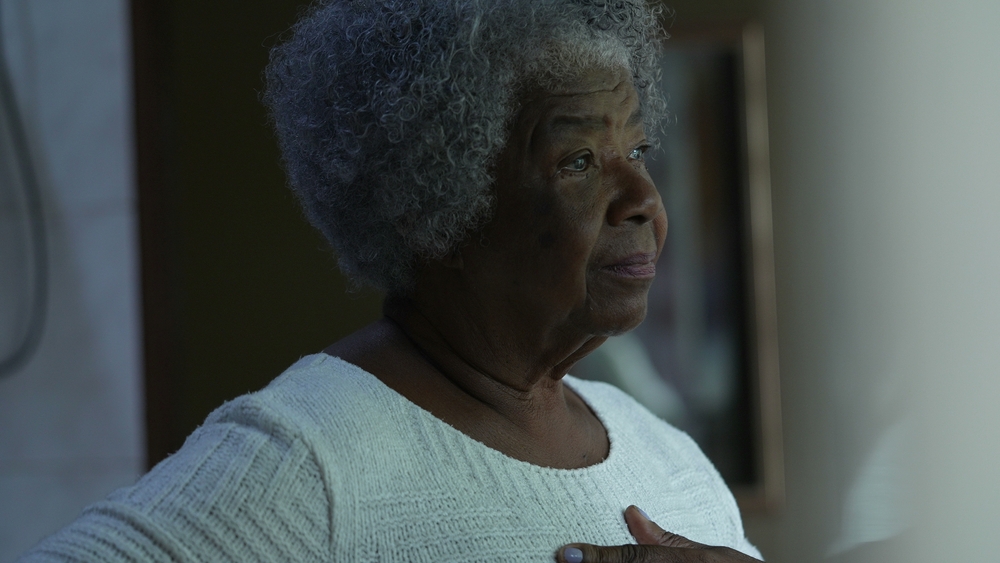Terminal Lucidity: Dementia Clarity Before Death

Experiencing a burst of energy before death sounds like it would only happen in dramatic films or other forms of fiction. But it’s actually fairly common, and has been observed in modern medical literature for at least two and a half centuries. You can even find accounts from ancient Greek physicians like Hippocrates.
What is the burst of energy before death called? Even though these anecdotal accounts have been around for a long time, this phenomenon was only given a name in modern medicine as recently as 2009. That’s when a German biologist by the name of Dr. Michael Nahm who studies this question coined the name terminal lucidity. But what is this surge before death, and what do we know about it?
Lucidity Before Dying
There are essentially two varieties of terminal lucidity. With the first variety, a person afflicted by an affective disorder will have their symptoms become less severe. With the second variety, a person who may have been unresponsive will suddenly recover full mental clarity and experience a surge of energy before death. In either case, families may begin to feel as though their loved one has suddenly recovered, only for them to die minutes or hours later.
What makes terminal lucidity mysterious is that it also occurs in patients who suffer from severe degenerative illnesses. They might have suffered from a stroke, brain tumor, or from the neural decay of dementia or Alzheimer’s disease.
All of these things give reason to believe the brain’s circuits are heavily impaired or even destroyed — and yet normal cognition seems momentarily possible even with a damaged brain. A woman who failed to recognize her daughter for years may suddenly remember everything and begin talking with her. A man who was paralyzed and without speech may smile, speak, and socialize. Anecdotal stories even include accounts of paralyzed people moving, and those without speech speaking once more.
How common is terminal lucidity or dementia clarity before death? The truth is, we don’t know. It hasn’t been well studied. But one small study has estimated about 10% of dementia patients will experience this sudden improvement before death . Among those who do, the majority die within a week of doing so, and about half of them within the same day.
What Causes Terminal Lucidity?
Like many good mysteries, science currently has no answer to this question. That’s mostly for a number of practical and ethical reasons. Terminal lucidity occurs unexpectedly or with previously unresponsive patients. You can’t easily study confused or non-responsive patients. If someone wanted to study this, a medical ethics board would have to determine how the research might benefit patients. And when you imagine palliative care, you probably don’t imagine constant monitoring and blood sampling.
Apart from anecdotal accounts, science has essentially no evidence to analyze this problem. It’s challenging to study, and it seems likely to remain that way for the foreseeable future.
Of course, there are no shortage of untested theories. For example, some have speculated that as our organs fail, it might release a steroid-like substance that helps energize the brain. But the truth is nobody knows.
Preparing for Terminal Lucidity
When loved ones rally before death, all you can do is try to appreciate it. There’s a common question around this burst of energy before death: how long does it last? Terminal lucidity only lasts for a short time, so knowing that it might occur can allow caretakers and loved ones to take advantage of one final chance for meaningful communication.
Subscribe
Date: 2019-05-21


